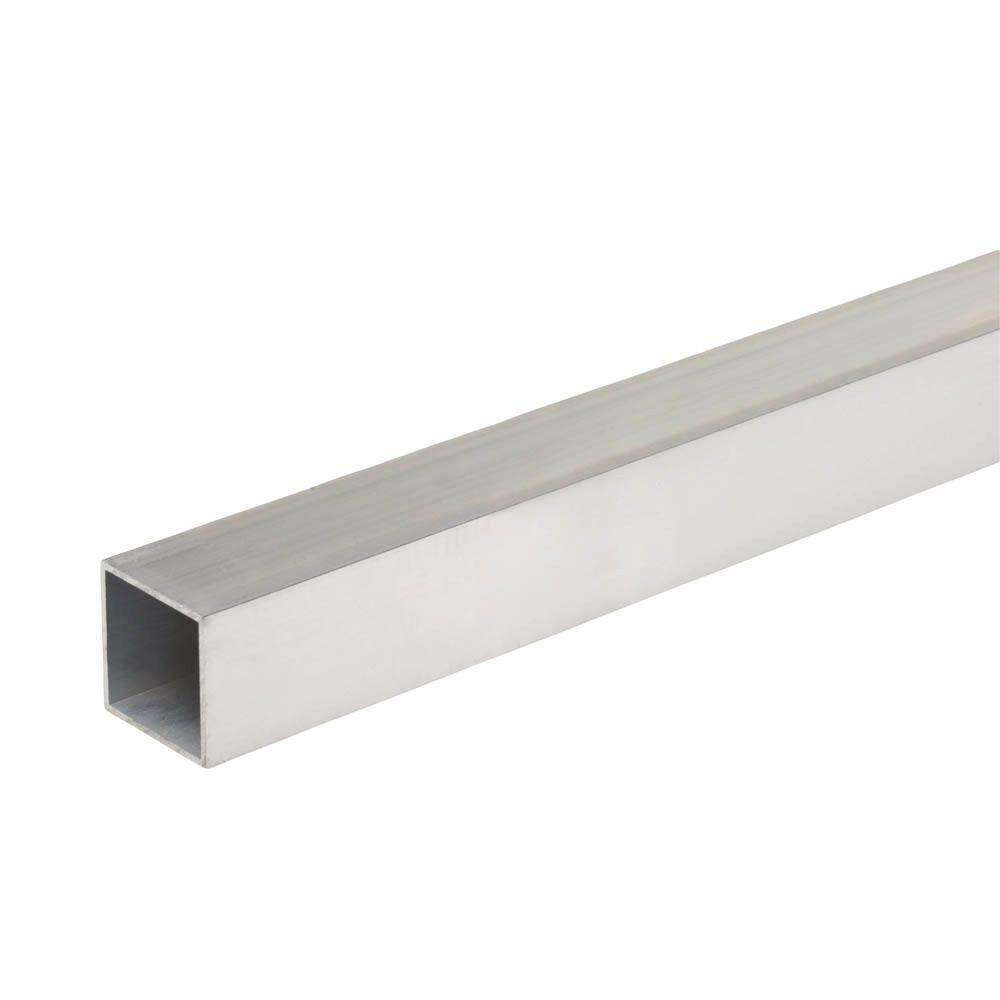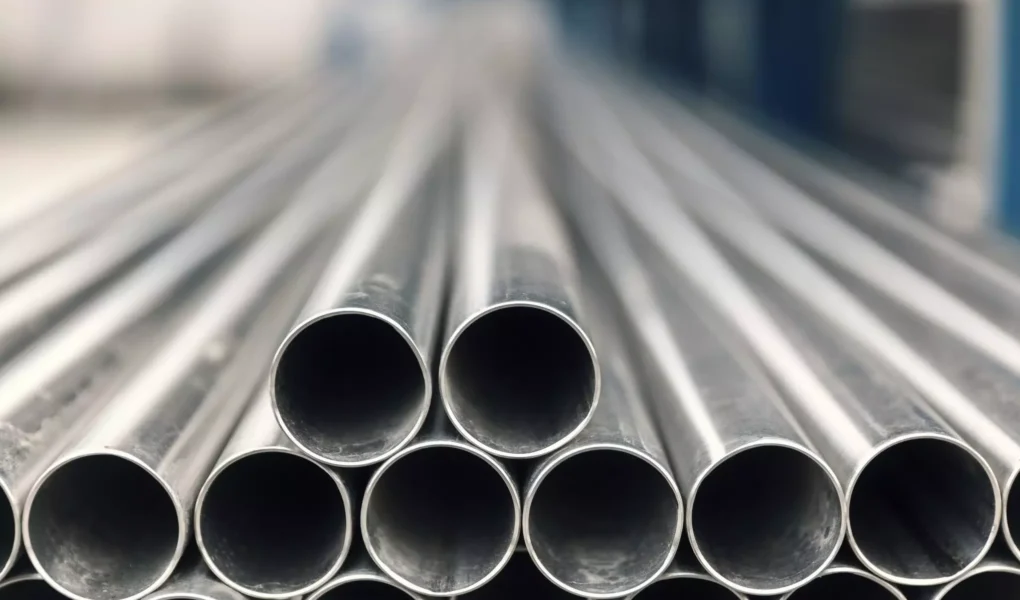Aluminum tubes are a popular choice for packaging products such as food, cosmetics, and medications. Due to their lightweight nature, excellent corrosion resistance, and strong mechanical properties, aluminum tubes are the preferred option when it comes to storing or shipping various types of materials.
Aluminum tubes come in a variety of shapes, sizes and finishes that make them suitable for all kinds of applications ranging from industrial uses to medical purposes. They also provide great protection against light and moisture along with being recyclable which makes them an eco-friendly option.
1. Advantages of Aluminum Tubes
Aluminum tubes are a popular packaging option for many products due to their lightweight, durable and cost-effective nature. Aluminum offers several advantages compared to other materials such as plastic or glass.
It is non-corrosive, making it ideal for use in applications that require long term storage of liquids or gases. Additionally, aluminum has excellent thermal conductivity which makes it ideal for storing heat sensitive items such as food and beverages.
Furthermore, aluminum can be easily recycled and repurposed into new objects or products, reducing waste production and environmental impact. Finally, aluminum is much lighter in weight than other metals meaning it requires less energy to transport goods from one place to another thus saving resources.
2. Choosing the Right Type of Aluminum Tube

Aluminum tubes are an important component in a wide variety of applications, from automotive to construction. Choosing the right type of aluminum seamless tube is essential for ensuring that your project runs smoothly and efficiently.
The key factors to consider when selecting the right type of aluminum tube include size, strength, weight, corrosion resistance, heat transfer properties and cost. Size must be chosen according to how it will be used; larger sizes may require more strength or thicker walls while smaller ones may need lighter-weight materials with good thermal conduction capabilities.
Strength should also be considered; some types offer superior structural support while others provide excellent flexibility or malleability. Weight needs to take into account any additional loads that will be imposed on the tube as well as its intended use; lightweight tubing can reduce transportation costs but might not meet requirements for high-pressure applications. Corrosion resistance is another factor that must be taken into account if there is potential contact with certain chemicals or elements in the environment where it will be installed.
Heat transfer capability matters too if temperatures exceed normal operating conditions; special coatings can help manage temperature fluctuations over time without compromising other aspects like strength or weight characteristics. Finally, cost should always enter into consideration when selecting any kind of material for a project; aluminum tubes come in a range of prices depending on all these factors so careful research beforehand makes good economic sense!
3. Uses for Aluminum Tubes
Aluminum tubes are a versatile material that can be used in many different ways. They are lightweight, strong and durable, making them an ideal choice for numerous applications. Aluminum tubes can be used to create light fixtures, frames for furniture or other structures, as well as pipes for plumbing systems.
They are also commonly used in the automotive industry, manufacturing of sporting goods and even aerospace technology due to their strength-to-weight ratio. Aluminum is easy to shape into custom sizes and shapes depending on the application needed; this makes it possible to use aluminum tubing for a wide variety of projects from small DIY projects around the home to large scale industrial uses.
4. Benefits of Using Aluminum Tubing

Aluminum tubing is a lightweight, durable and low-maintenance material that has many benefits. It is easy to transport and install due to its light weight, it can withstand extreme temperatures without corroding or warping, making it ideal for outdoor applications such as plumbing and electrical wiring.
Additionally, aluminum tubing offers excellent thermal conductivity which makes it great for cooling systems in electronic equipment. Its non-combustible nature also makes it safer than other materials such as copper or steel in certain applications.
Finally, aluminum tubing is cost effective compared to other materials because of its strength and durability while still being relatively lightweight. For these reasons, aluminum tubing is an increasingly popular choice among industries from automotive to architecture.
5. Maintenance and Care Tips for Aluminum Tubing
When it comes to aluminum tubing, proper maintenance and care are key for ensuring its longevity. To ensure that your aluminum tubes remain in good condition and last a long time, here are some maintenance tips to follow: Clean the tube surface regularly with a soft cloth or brush. This will help remove dirt, dust, and other debris that can accumulate over time. Make sure you use a mild detergent solution if needed to remove stubborn stains or residue.
After cleaning the surface of the tube, be sure to rinse off any soap with clean water before drying completely with another soft cloth or rag. Inspect the tubing on a regular basis for signs of wear and tear such as corrosion or cracking. If any damage is noticed, replace them immediately as they may pose safety hazards when used improperly.
Additionally, avoid exposing aluminum tubes to harsh chemicals like acids or solvents as these can cause severe deterioration over time. Lastly, store aluminum tubing away from high temperatures as heat can cause warping which could ultimately weaken the structure of your pipes over time if not properly cared for. Following these guidelines will go a long way towards keeping your aluminum tubes looking great for years to come!
Conclusion

The conclusion of this article is that aluminum tubes are a great choice for many applications. They are lightweight, corrosion-resistant, and can be easily shaped into desired shapes.
They also provide good thermal conductivity and strength while being cost-effective. Aluminum tubes have proven to be an advantageous choice in a variety of uses including plumbing systems, chemical processing equipment, air conditioning systems, electronic components and more.
With their wide range of benefits and low cost compared to other materials such as stainless steel or copper tubing, it’s clear why aluminum tubes have become so popular within the industry today.




